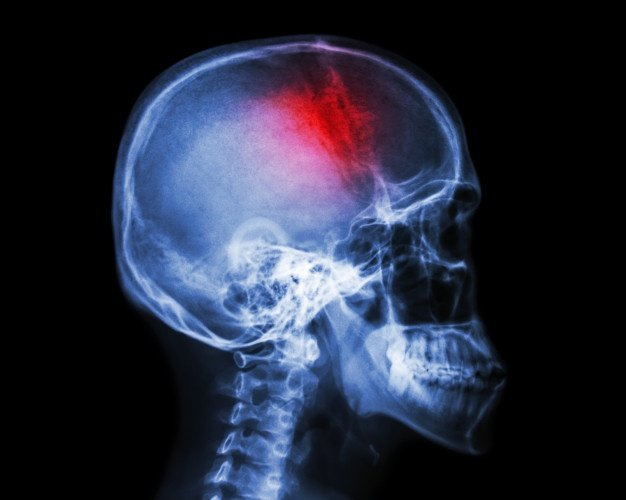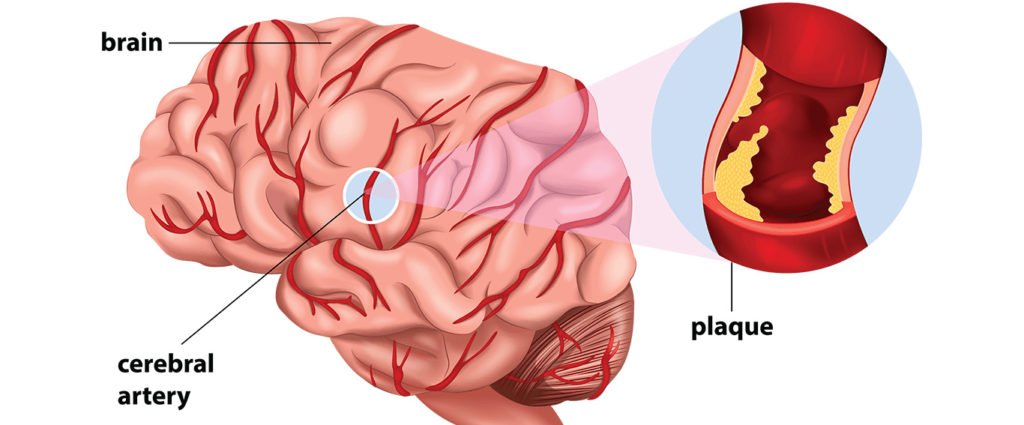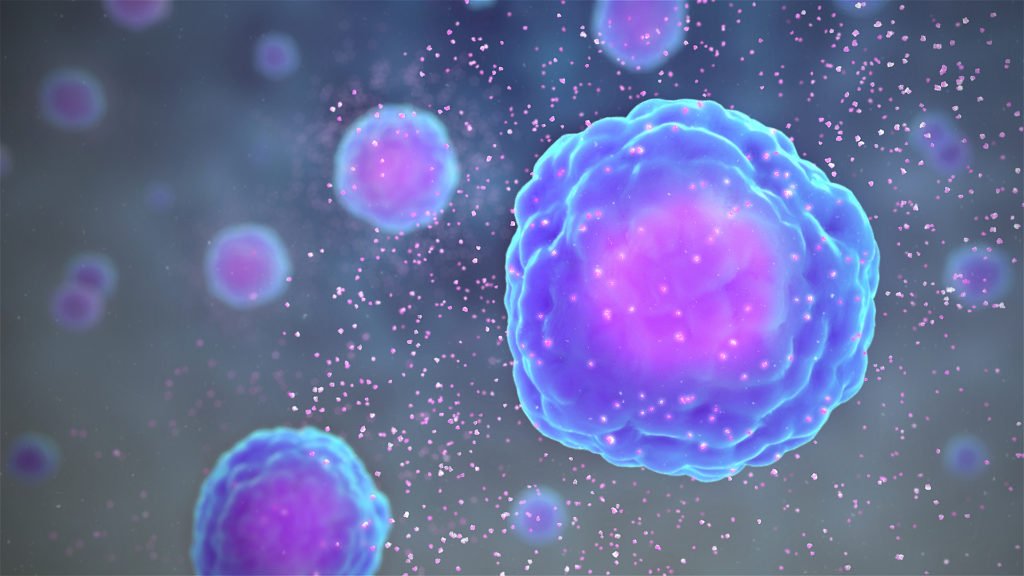We’ve been dealing with NOVEL CORONAVIRUS FOR SIX MONTHS – an eternity of quarantine time.
Also now, Covid-19 continues to shock scientists who have recently added brain risks to the list of implications that involve respiratory disorders, GI pain, and kidney , liver, and heart damage.
Between April 2 and April 26, scientists in the United Kingdom found 153 Covid-19 patients with neurological symptoms.These symptoms included cerebrovascular events (such as stroke), altered mental status (change of personality , behavior, or consciousness) or problems with peripheral parts of the nervous system (such as nerves outside the brain). The study was published in The Lancet on Thursday.

Importantly, these symptoms have only been seen in Extreme COVID-19 PATIENTS. And at this stage, scientists are not sure how many people, at the population level, may actually encounter these complications.
This study follows months of small case reports indicating that Covid-19 could have neurological effects. Early reports from Wuhan identified neurological symptoms in 78 of 214 serious Covid-19 patients.In March, doctors confirmed that a woman in her 50s with a serious coronavirus had unexplained swelling and inflammation in her brain.
Benedict Michael is a senior clinical scientist at Liverpool University and the lead author of the research. Inversely, the article seeks to solidify the fact that neurological signs are part of the tale of Covid-19.
WHAT ARE THESE NEUROLOGICAL SYMPTOMS EXACTLY?
For 125 of these patients, the scientists were able to collect complete data. Of the 125, 77 had cerebrovascular complications. The most common, seen in 57 individuals, was an ischemic stroke – the most common form of stroke that happens when a clot blocks a blood vessel that provides blood to the brain.

The second most common symptom was an altered mental state. This may lead to uncertainty or delirium.
Altered mental state has been seen in 39 cases. Of these, seven showed evidence of encephalitis or swelling in the brain that could be behind the behavior.
The remaining patients displayed behavior that matches best with psychiatric diagnosis. Ten were diagnosed with psychosis — a sensation of being detached from reality. Six had dementia-like symptoms. The remainder fall into various groups , ranging from catatonia, the inability to act normally, to mania, the elevated mood associated with bipolar disorder.
HOW COMMON ARE THE SYMPTOMS
Michael explains that we do not know how common these symptoms are. They ‘re “hopefully uncommon,” he says, but because of the sheer scale of the Covid-19 pandemic, that means that a large number of people could encounter it.
“Even though the number of patients is small, the denominator is so large because so many people have been infected,” Michael says. “We have seen a large number of these rare complications. In our study , we identified 153 of these patients in three weeks.”
In this patient sample, cerebrovascular problems were more common among older patients (older in this study is defined as more than 60). Nevertheless, the gap in mental state was fairly equal between old and young: 18 patients with altered mental status were younger than 60, while 19 were older.

“However in the psychological and behavioral problems of altered mental state, we had one of our biggest classes of patients in their twenties, thirties, and forties,” Michael says.
There is a chance that the clustering of altered mental state symptoms in younger patients is simply a data reporting issue. Altered mental state of older patients can often be mistakenly written off as a result of age. If these symptoms occur in a young person, they are more likely to be referred to a psychiatrist for assessment.
At this point, however, the study helps to solidify the need for physicians to search for such signs in both young and elderly patients. And as more data flows through it, scientists may be able to see more trends.
WHAT IS CAUSING BRAIN COMPLICATIONS IN COVID-19 PATIENT?
The fact that a virus can potentially cause brain damage is not specific to the Covid-19 virus, SARS-CoV-2. The Mayo Clinic states that viral infection is the most common cause of brain inflammation, also known as encephalitis.
The troubling thing about corona virus and these neurological effects is that it tends to be LINKED TO MORE THAN JUST INFLAMMATION. Symptoms vary from blood clots to inflammation to an unknown, but disturbed, mental state.
Early reports indicated that the Covid-19 virus could potentially cross the blood-brain barrier: SARS-CoV-2 was found in cerebrospinal fluid in a 56-year-old Chinese patient , for example.
But the identification of viruses in cerebrospinal fluid is not very usual, Michael explains. He thinks that the effect of Covid-19 on the brain may come down to the body’s immune system, which is caused by the virus’s “spilling over” reaction to the central nervous system.
We’ve already seen evidence that Covid-19 can cause an incredibly strong immune response called a cytokine storm. During a cytokine storm, the body over-produces immune cells and proteins to the point where they can attack tissues, leading in some cases to blood clots and organ failure.

Further work is required to see whether reactions such as the cytokine storm will possibly explain such neurological effects, Michael says.
At this point, there is so little data on these patients that these theories are just ideas. Yet if another six months of corona virus occur, scientists must start to search for answers.

1 Comment
Pingback: 10 Major Science discoveries that you may have missed in 2020 - Craffic